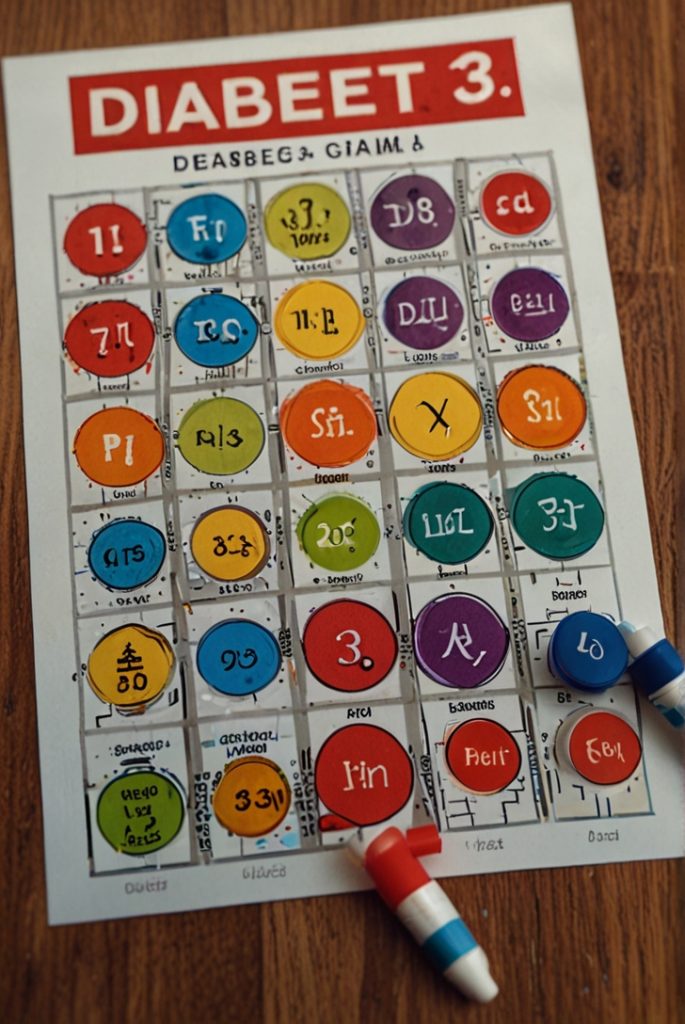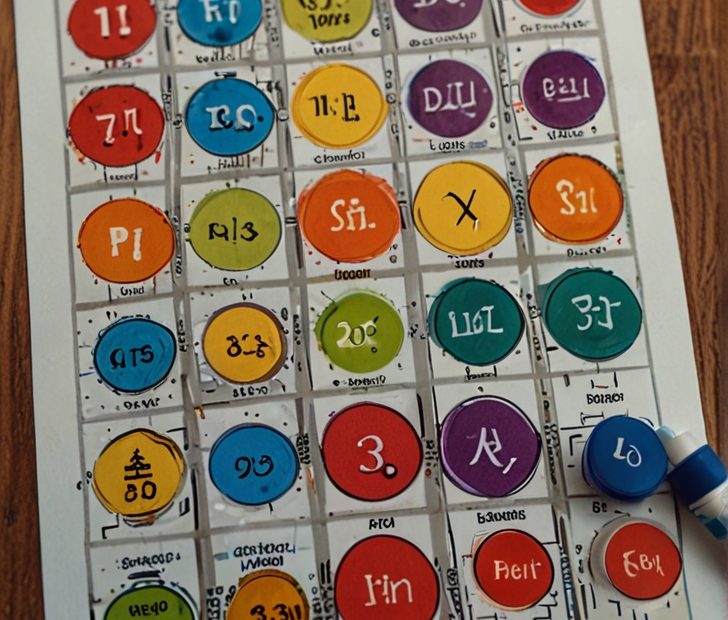Introduction
In recent years, the approach to diabetes education has shifted significantly, with innovative methods being developed to engage and inform patients in more interactive and enjoyable ways. One such method is the Diabetes Bingo Game, a unique educational tool designed to enhance understanding and management of diabetes in a format that is both fun and informative. This game adapts the traditional bingo format to suit the educational needs of individuals with diabetes, turning the learning process into an engaging activity that participants of all ages can enjoy.
The Diabetes Bingo Game not only serves as an educational resource but also acts as a social tool that brings people together, fostering a community spirit among those affected by diabetes. By participating in this game, individuals can learn crucial aspects of diabetes care, including diet, exercise, medication management, and symptom recognition, all within a supportive group setting. This article will delve into how the works, its benefits for diabetes education, and its impact on participants.

Development
How the Diabetes Bingo Game Works
The Diabetes Bingo Game operates on the simple premise of traditional bingo, where players mark spots on their cards as items are called out. However, instead of numbers, the spots on the bingo cards represent important facts, tips, and challenges associated with diabetes management.
Game Setup and Execution
- Bingo Cards: Each card is customized with different diabetes-related prompts, such as “Foods to Avoid,” “Daily Exercise,” and “Symptoms of Hypoglycemia.”
- Calling Out: Instead of random numbers, the facilitator calls out descriptions or questions related to each prompt, and players must identify and mark the correct spot on their cards.
Educational Content Integration
- Informative Play: Each prompt on the bingo card is an opportunity to discuss and share knowledge about that particular aspect of diabetes care, turning each game into a mini-educational session.
- Group Interaction: Players often discuss the prompts among themselves, sharing personal experiences and tips, which enhances the learning experience.
Benefits of the Diabetes Bingo Game
Integrating education with entertainment, the offers several benefits over traditional educational methods:
Enhanced Engagement
The interactive nature of the game keeps participants engaged and interested in the learning process, which is often more effective than passive forms of education like reading or lecture.
Community Building
The game format encourages a sense of community and support among players, as they share experiences and strategies for managing diabetes, helping to reduce feelings of isolation or stigma.
Versatility and Accessibility
The game can be easily adapted for different age groups, cultural contexts, and learning environments, making it a versatile tool in various educational settings.
Implementing the Game in Diverse Settings
The Diabetes Bingo Game can be effectively implemented in various environments, from clinical settings, such as hospitals and clinics, to community centers and even online platforms.
Clinical Settings
Doctors and educators can use the game as a fun way to conclude educational workshops or support group meetings.
Community Centers
Community health advocates can organize regular game sessions to bring residents together for health promotion activities.
Online Platforms
During times when in-person gatherings are not possible, the game can be hosted virtually, allowing participants to join from the comfort of their homes.
Conclusion
The Diabetes Bingo Game is more than just a game; it’s a powerful educational tool that makes learning about diabetes management interactive and enjoyable. By transforming essential diabetes education into a fun group activity, this game not only informs but also empowers participants, encouraging them to take an active role in managing their health. As healthcare professionals continue to seek innovative ways to educate and engage patients, the Diabetes Bingo Game stands out as an effective solution to enhance understanding and foster community among those affected by diabetes.
